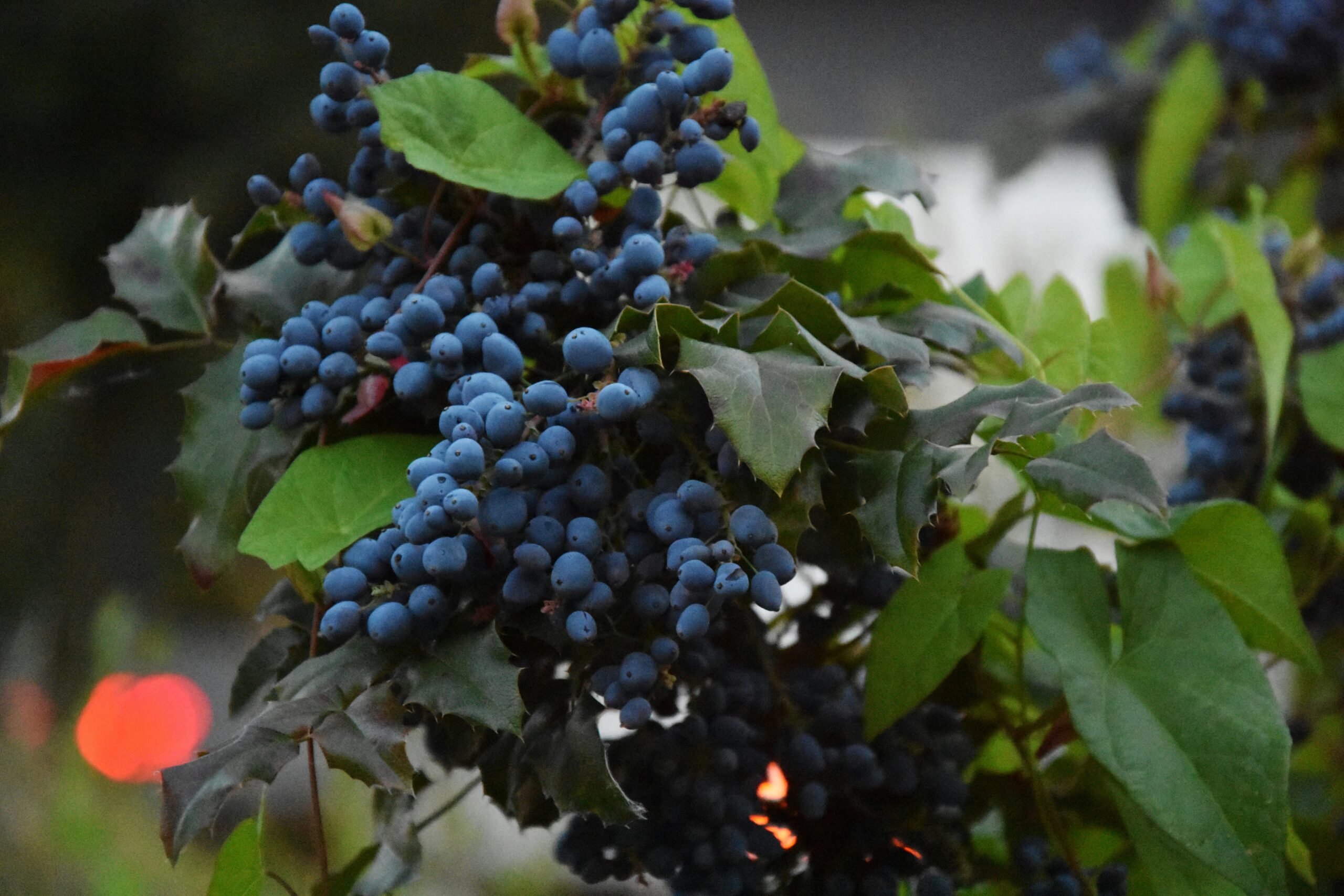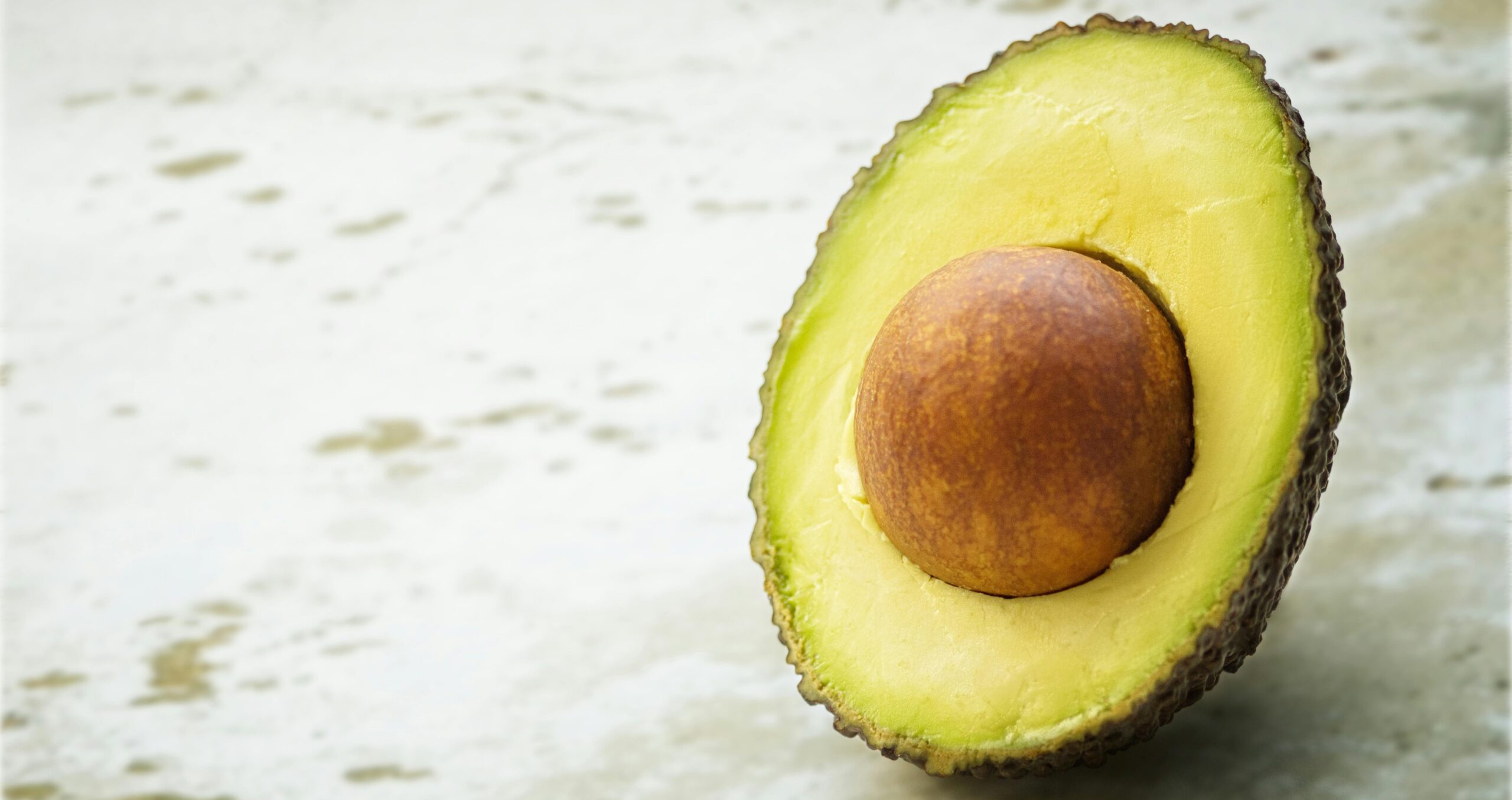
Have you ever wondered which foods are the best for combating aging? This article highlights how proper nutrition can help you maintain a youthful feeling while boosting your overall health and longevity.
While your lifestyle choices significantly affect your body’s overall well-being, certain foods can help prevent premature aging and enhance your quality of life. In this article, we’ll explore the top anti-aging foods and how they contribute to slowing down the aging process.
Your diet can have a significant impact on how you age. Some foods, like highly processed, salty, fatty, fried, and sugar-packed options, are known to promote inflammation.
This inflammation can damage cells and organ systems, contributing to premature aging and increasing the risk of chronic diseases, including heart disease, Type 2 diabetes, certain cancers, and autoimmune disorders. In contrast, the best anti-aging foods have anti-inflammatory properties that can support longevity and overall health.
Superfoods promote healthy aging by providing the body with essential vitamins, minerals, antioxidants, and other beneficial compounds needed for optimal function. Many of these superfoods come from plant sources. Experts recommend consuming a diverse range of colorful fruits and vegetables to ensure a well-rounded nutritional intake.
In addition to fruits and vegetables, other plant-based foods such as whole grains, nuts, and seeds are also beneficial for aging. Superfoods can also include certain dairy products, eggs, and fish, which are rich in omega-3 fatty acids—healthy fats that offer a range of health benefits.
A 2019 study reviewed the health benefits of blueberries and found that they offer several properties that support healthy aging. These benefits include:
These effects contribute to maintaining healthy blood glucose levels, improving metabolic functions (which are responsible for converting food into energy and extracting nutrients), and reducing the impact of aging on vision and cognitive function.
Dark chocolate is a potent source of polyphenols, which function as antioxidants in the body. Specifically, it contains flavonols, a type of antioxidant linked to various health benefits, including a reduced risk of:
Additionally, it is believed that a diet rich in flavonols and other antioxidants may help protect the skin from sun damage and slow the aging process of the skin.
In one high-quality 24-week study, participants who consumed a flavonol-rich cocoa beverage saw notable improvements in skin elasticity and facial wrinkles compared to those in the control group. While these findings are promising, other studies have not consistently shown that dark chocolate has direct benefits for skin appearance or aging.
Olive oil is a key component of the Mediterranean diet, which is renowned for its longevity benefits. Extra virgin olive oil (EVOO), in particular, is rich in polyphenols—plant-based compounds that are believed to support the immune system and reduce mortality.
Polyphenols also help slow the progression of cardiovascular and neurodegenerative diseases. The high polyphenol content in EVOO makes it a powerful antioxidant, protecting cells from free radical damage and reducing inflammation in the body.
This helps keep cells functioning optimally and less prone to premature aging. Research has also shown that regular olive oil consumption can help prevent certain cancers, including colorectal, breast, and skin cancers.
A 2018 study found that consuming just one serving of leafy green vegetables daily may help slow cognitive decline associated with aging. In fact, individuals who ate 1–2 servings per day showed mental ages up to 11 years younger than those who rarely or never ate them.
The study identified several key nutrients responsible for these benefits, including:
Examples of leafy green vegetables that can help support cognitive health include:
Tea is the second most consumed beverage in the world, following water. Green tea, derived from the leaves of the Camellia sinensis plant, is available in various forms, including white, green, oolong, and black.
The health benefits and aroma of green tea come from polyphenols, particularly epigallocatechin-3-gallate (EGCG), which is considered one of the key compounds contributing to its anti-aging properties. Studies show that a single cup of green tea can contain up to 200 mg of EGCG, which has been linked to the prevention of several cancers, including lung, colorectal, skin, and prostate cancer.
Experts recommend drinking three to five cups of green tea per day. In addition to its cancer-fighting properties, green tea has been shown to lower the risk of Type 2 diabetes, cardiovascular disease, and neurological disorders.

A 2022 pilot study involving 39 women suggested that eating one avocado daily for 8 weeks might improve skin firmness and elasticity. While this was a small-scale test and further research is needed to confirm the findings, it highlights avocados as a beneficial food for skin health.
Avocados are rich in monounsaturated fatty acids, such as oleic acid, and also provide:
Tomatoes are packed with lycopene, making them a fantastic addition to an anti-aging diet. Lycopene is a powerful antioxidant that helps protect the skin from UV damage, reducing the risk of premature aging, wrinkles, and age spots.
In addition to lycopene, tomatoes are also rich in vitamins C and E, which support collagen production and maintain skin elasticity, helping to keep the skin firm and youthful.
Cold-water fish, such as salmon, halibut, tuna, mackerel, and sardines, are excellent sources of omega-3 fats, specifically eicosapentaenoic acid (EPA) and docosahexaenoic acid (DHA), making them valuable anti-aging foods.
These long-chain fatty acids are known for their health benefits, including reducing the risk of inflammatory diseases like cardiovascular disease, Type 2 diabetes, and age-related cognitive decline. The 2020 Dietary Guidelines for Americans recommend that adults consume two 6-ounce servings of fatty fish per week. Additionally, incorporating more protein-rich foods can help increase satiety and support weight loss.
Flaxseed is rich in lignans, a type of polyphenol that offers antioxidant properties. These compounds may help reduce the risk of developing chronic diseases, such as heart disease and breast cancer.
Flaxseed is also an excellent source of omega-3 fatty acids, particularly alpha-linolenic acid (ALA). A diet high in omega-3 fats supports healthy skin by helping to maintain hydration and keeping the skin plump.
These plant-based superfoods are rich in essential amino acids that help boost protein levels. As women age, their protein needs naturally increase, making beans and lentils an excellent addition to any anti-ageing diet. Not only are they packed with high-quality protein, but they’re also loaded with disease-fighting fiber and powerful phytochemicals.
Foods that promote healthy aging include nuts, yogurt, whole grains like black rice, and fatty fish such as salmon. Raw honey is also a beneficial addition.
These foods not only help address visible signs of skin aging but also support overall health, including bone density and cognitive function. Additionally, they can reduce the heightened risk of chronic diseases associated with aging.